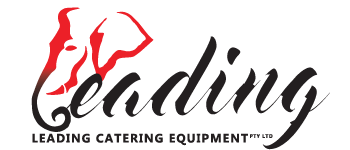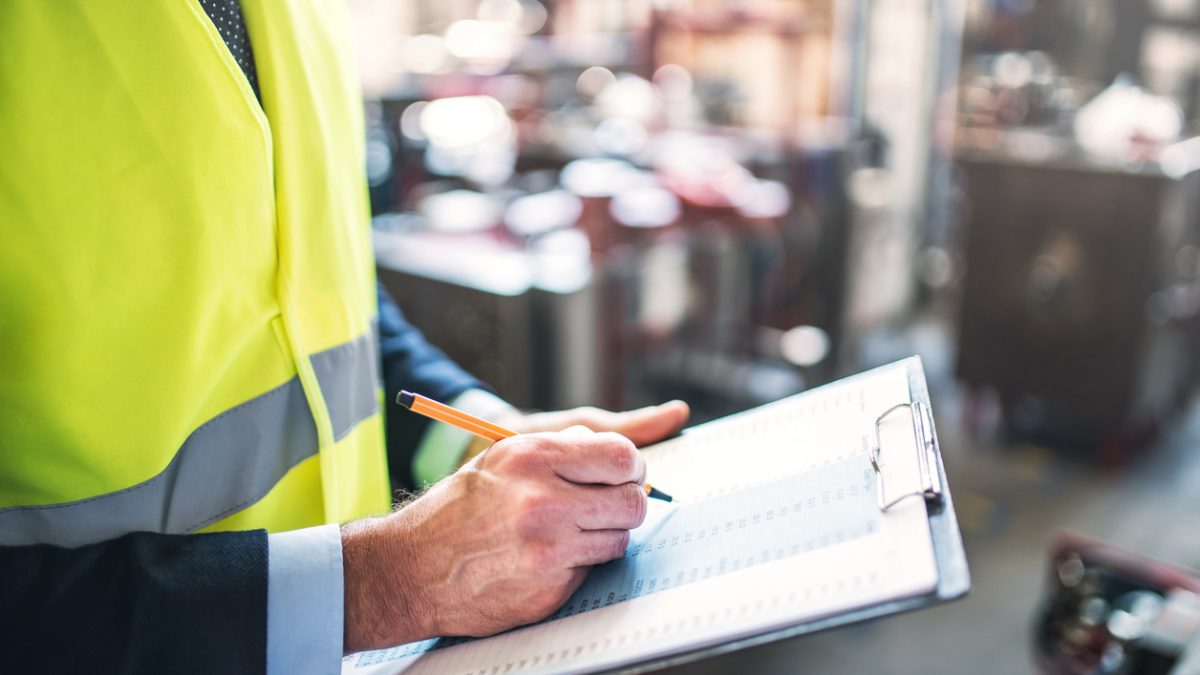Maintaining commercial cooking equipment is essential for ensuring effectiveness, enhancing the lifespan of your offerings, and guaranteeing food safety in your kitchen. A daily maintenance routine helps prevent unexpected breakdowns, keeps your kitchen running smoothly, and minimises repair costs. Below, we explore a comprehensive daily maintenance checklist tailored for commercial cooking equipment.
Get larger oil capacities compared to countertop models, allowing you to make larger quantities of food at once. Browse our Freestanding Fryer options.
Why a Daily Maintenance Checklist Matters
Before delving into the checklist, let's understand why daily maintenance is essential:
- High Equipment Performance: Proper upkeep guarantees that your products perform at their best capacity.
- Food Safety Compliance: Clean equipment minimises the risk of contamination and meets hygiene standards.
- Cost Savings: Regular upkeep reduces the likelihood of expensive repairs or replacements.
- Extended Equipment Life: Routine care can add years to the lifespan of your appliances.
The Daily Maintenance Checklist
General Cleaning
Every commercial kitchen appliance requires some level of daily cleaning.
- External Wiping: Use a damp fabric and mild soap to wipe down the external parts of all devices. This step removes grease, grime, and food particles.
- Surface Sanitation: Disinfect surfaces with potent food-safe agents to prevent cross-contamination.
- Handles and Knobs: Clear and sanitise handles, knobs, and buttons to maintain hygiene.
Stovetops and Ranges
Stovetops and ranges, sourced from top commercial cooking equipment suppliers like LCE, are heavily used in commercial kitchens, making daily maintenance a necessity.
- Remove Grates: Take off removable grates and soak them in warm, soapy water. Scrub off any food residue.
- Burners and Ignition Systems: Inspect burners for clogs and wipe them using a brush or pin. Check the ignition system for any issues.
- Surface Cleaning: Wipe the stove surface with a degreaser to remove any accumulated grease.
Ovens
Ovens require regular maintenance to ensure even cooking and efficiency.
- Empty and Clean Trays: Remove and wash all trays and racks. Confirm that they are adequately dried before reinserting.
- Wipe the Interior: Use a soft cloth and a non-abrasive agent to clean the oven's interior walls and remove any baked-on spills.
- Check Door Seals: Inspect the oven door gasket for wear and tear. A deteriorated seal can result in heat loss.
Grills and Griddles
Grills and griddles sourced from top commercial cooking equipment dealers are prone to grease buildup and require daily maintenance.
- Scrape the Surface: Use a grill scraper or a spatula to remove food debris and grease from the cooking surface.
- Wipe with Oil: After wiping, lightly coat the surface with oil to prevent rusting.
- Check Grease Traps: Empty and clean grease traps to avoid overflow and fire hazards.
Deep Fryers
Deep fryers are often used for extended periods, making maintenance crucial.
- Filter Oil: Filter the frying oil to remove food particles and prolong its usability.
- Wipe Exterior: Wipe the fryer's outer surface to remove grease and grime.
- Inspect for Leaks: Check the fryer for any signs of oil leaks or cracks in the tank.
Steamers
Steamers need regular maintenance to prevent mineral buildup.
- Drain Water: Empty the water reservoir at the end of each day.
- Sparkling Interior: Wipe down the interior with a damp cloth to remove food residue.
- Descale Regularly: Check for mineral deposits and descale the steamer if necessary.
Refrigerated Equipment
Though not directly used for cooking, refrigerators and freezers procured by leading commercial cooking equipment manufacturers are integral to food preparation.
- Wipe Doors and Handles: Wipe doors and handles to prevent contamination.
- Check Gaskets: Inspect door seals for cracks or wear and ensure a tight fit.
- Monitor Temperatures: Verify that temperatures are within safe ranges and recalibrate if needed.
Chargrill stoves provide a distinctive smoky, charred flavour that’s hard to replicate with other cooking methods. Click here to check out our options.
Mixers and Food Processors
Mixers and food processors play a significant role in preparation.
- Disassemble Components: Remove blades, paddles, and other detachable parts for thorough wiping.
- Wipe Motor Base: Clear the motor base with a damp cloth, careful not to let water seep into the motor.
- Inspect Blades: Check for dullness or damage and replace them if necessary.
Exhaust Hoods and Vents
Adequate ventilation guarantees a secure and comfortable performing climate.
- Clean Filters: Remove and wash grease filters in hot, soapy water. Let them dry completely before reinstalling.
- Check the Ducts: Look at the vents for blockages or undue grease accumulation that may need specialised maintenance.
Small Appliances
Smaller appliances sourced from commercial cooking equipment distributors, such as toasters, blenders, and coffee machines, also need daily attention.
- Empty Crumb Trays: For toasters, empty and clean crumb trays to prevent fire risks.
- Clean Blenders: Disassemble blender parts and wash them thoroughly to prevent odour buildup.
- Descale Coffee Machines: Run a cleaning cycle with a descaling solution if used frequently.
Additional Daily Maintenance Tips
Use the Right Cleaning Supplies
Always use non-abrasive cleaners and food-safe sanitisers to prevent damage and contamination.
Train Your Staff
Confirm that all kitchen employees are trained in proper upkeep procedures.
Monitor Equipment Performance
Pay attention to unusual noises, odours, or performance problems. Resolve them promptly to avoid more significant problems.
Keep a Maintenance Log
Document daily maintenance tasks performed on your commercial cooking equipment to track cleaning routines and spot recurring issues.
Benefits of a Daily Maintenance Routine
- Improved Kitchen Safety: Clean equipment minimises fire risks and ensures a safe working environment.
- Energy Efficiency: Well-maintained appliances consume less energy, reducing operational costs.
- Customer Satisfaction: A clean kitchen fosters trust and improves customer perception of your business.
- Regulatory Compliance: Following a maintenance routine ensures you meet health and safety standards.
When to Seek Professional Help
While daily maintenance addresses most issues, some tasks require professional expertise. Schedule routine inspections by certified technicians to handle the following:
- Deep cleaning of exhaust systems.
- Calibration of ovens and other temperature-sensitive equipment.
- Repairs and part replacements for major appliances.
Ensure uniform cooking, resulting in consistent temperature and food prep times, which is ideal for maintaining quality and uniformity. Check out our Conveyor Ovens.
Conclusion
A daily maintenance checklist for commercial cooking equipment is an investment in its longevity and efficiency. By dedicating time to routine upkeep, you ensure a safe and hygienic kitchen and enhance the overall dining experience for your customers. Make this checklist a part of your kitchen's daily operations to achieve a seamless workflow and long-term savings.
Your commercial kitchen thrives on consistency, and daily maintenance is the key to keeping your equipment—and business—in top shape.






